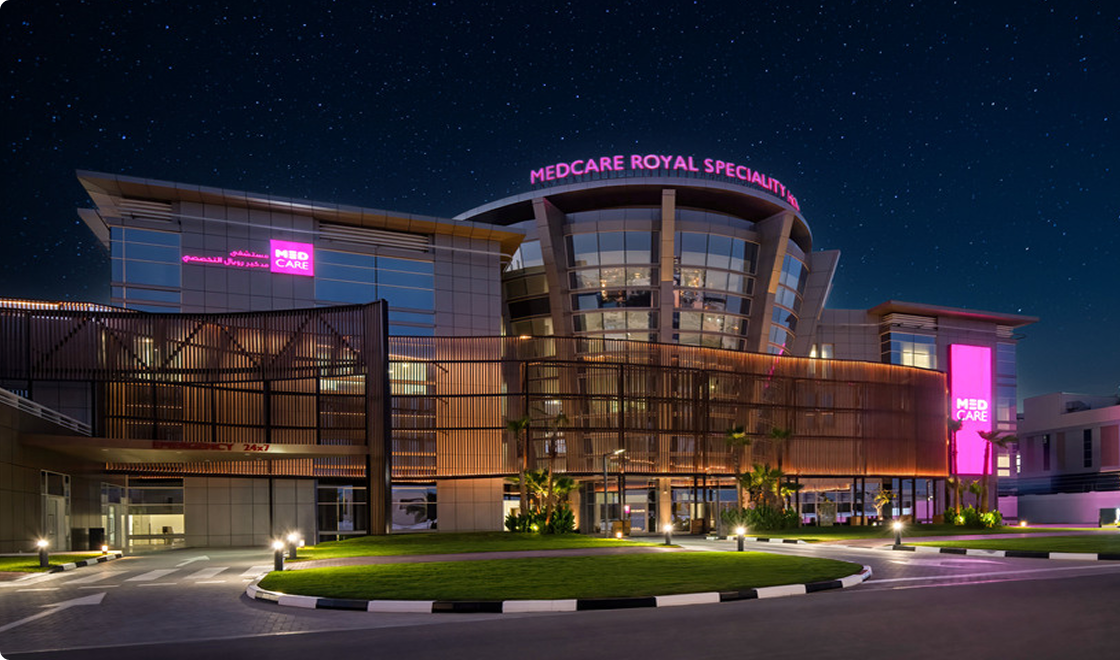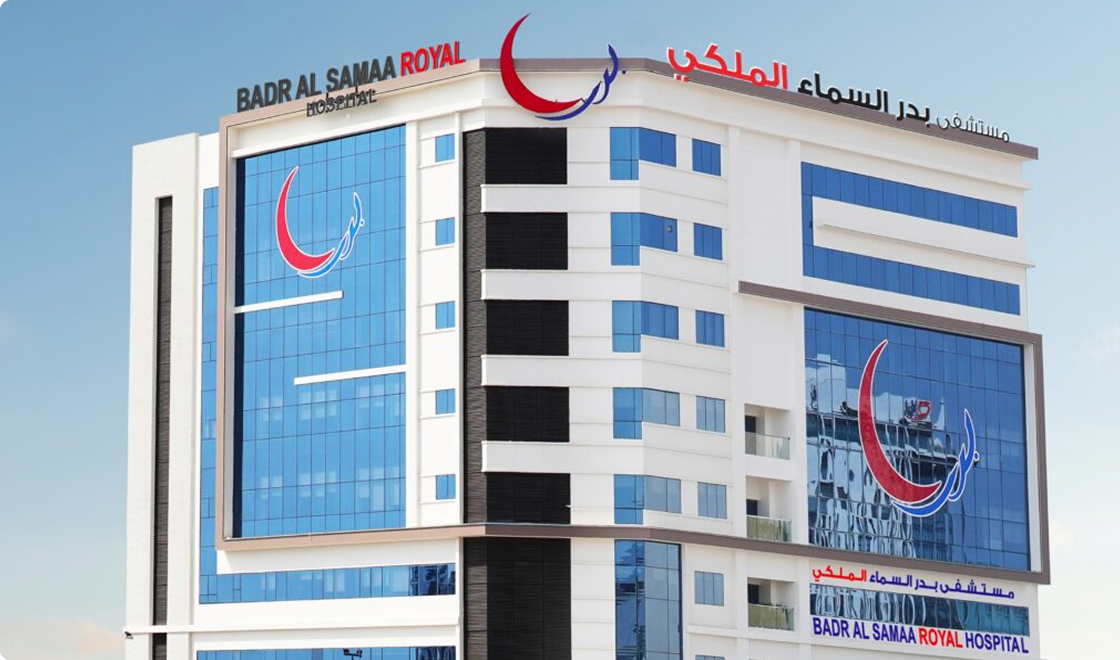Palliative Care for Heart Failure Patients Personalized Support
Palliative care for heart failure focuses on enhancing comfort, managing symptoms, and improving quality of life for patients with advanced heart disease. Our clinic offers specialized care tailored to individual needs, ensuring comprehensive support throughout the illness.
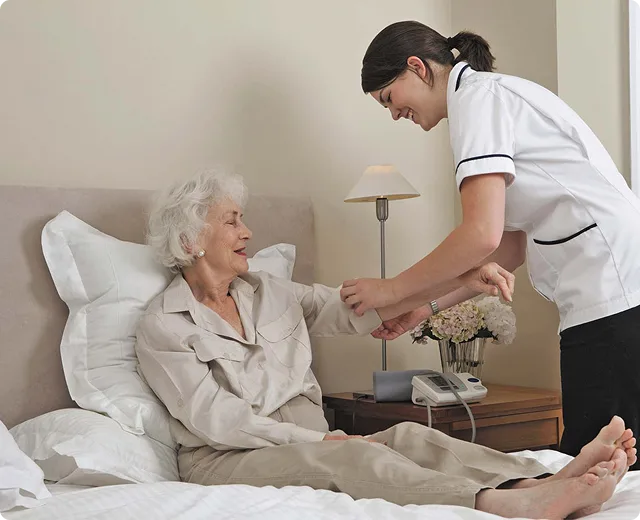
What is Palliative Care for Heart Failure?
Cardiology palliative care is a specialized approach designed to improve the quality of life for patients with advanced heart failure. It focuses on symptom management in heart failure, addressing breathlessness, fatigue, pain, and swelling. This care model also helps reduce emotional stress, anxiety, and depression often associated with chronic illness. Palliative care supports not only patients but also their families, offering guidance on complex decision-making and future care planning. Individuals at any stage of heart failure, especially those with frequent hospitalizations or worsening symptoms, can benefit from this comprehensive and supportive care approach tailored to their needs.
Why Palliative Care Is Important for Heart Failure Patients
Palliative care plays a vital role in supporting patients with advanced heart failure, helping them and their families manage the challenges of the disease. It offers a holistic approach through medication, lifestyle changes, and emotional support.
Improves symptom control and daily comfort.
Reduces hospital admissions and emergency visits.
Enhances emotional and psychological well-being.
Supports families in decision-making and care planning.
Promotes overall quality of life through specialized care.
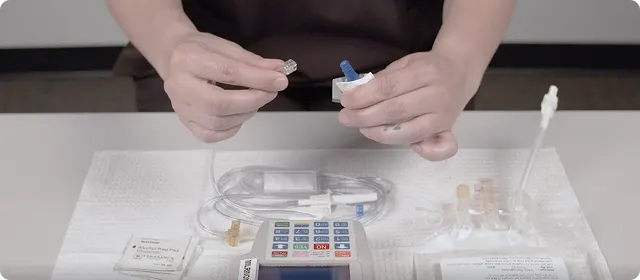
Milrinone — Support for Late-Stage Heart Failure
Milrinone infusion offers effective symptom control for patients with late-stage heart failure. It enhances cardiac output and reduces breathlessness by relaxing blood vessels and improving heart function. Delivered via controlled infusion under medical supervision, it provides both short- and long-term circulatory support, improving patient stability and comfort.
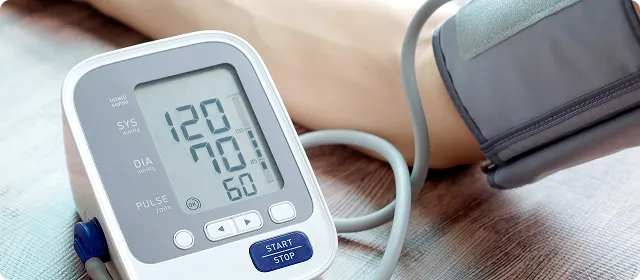
Remote Monitoring — Continuous Support from Home
Remote monitoring for heart failure patients allows physicians to track vital signs and heart function in real time, supporting timely interventions and complication prevention. This service minimizes hospital visits, promotes patient comfort at home, and offers emotional and psychological support, ensuring peace of mind for both patients and families.
Why Choose SaveHeartFailure for Palliative Care?
Heart Failure Specialty
Focused expertise offering complete heart failure support across all stages, including advanced palliative needs.
Personalized Plans
Tailored treatment and personalized care plans are designed for each patient’s specific condition and lifestyle needs.
Comprehensive Support
Includes symptom management, emotional counseling, and nutritional guidance for holistic, long-term care.
Collaborative Approach
Multidisciplinary teamwork ensures seamless coordination between cardiologists, palliative specialists, and rehabilitation experts.
Multicity Availability
Accessible services in Chennai, Mumbai, Dubai, and Oman for convenient patient reach.
Remote Monitoring Access
Continuous home-based care through advanced monitoring tools for enhanced safety and peace of mind.
Our Locations
Discover morefrequently asked questions
-
End-stage heart failure is marked by severe breathlessness, fatigue, swelling in the legs or abdomen, and difficulty performing even basic activities. Patients may also experience persistent coughing, irregular heartbeats, confusion, and reduced appetite. These symptoms indicate a significant decline in heart function, often requiring intensive medical or palliative support.
-
Palliative care is typically introduced in the advanced stages of heart failure when symptoms become difficult to manage with standard therapies. It can also begin earlier for symptom relief, emotional support, and to improve quality of life, especially in cases with frequent hospitalizations or declining functional capacity.
-
Living with a 25% ejection fraction is possible but often requires strict medical management, lifestyle modifications, and close monitoring. Patients may experience limitations in physical activity and daily functioning. Comprehensive treatment plans, including medications, device support, or palliative care, are essential to maintain stability and comfort.



